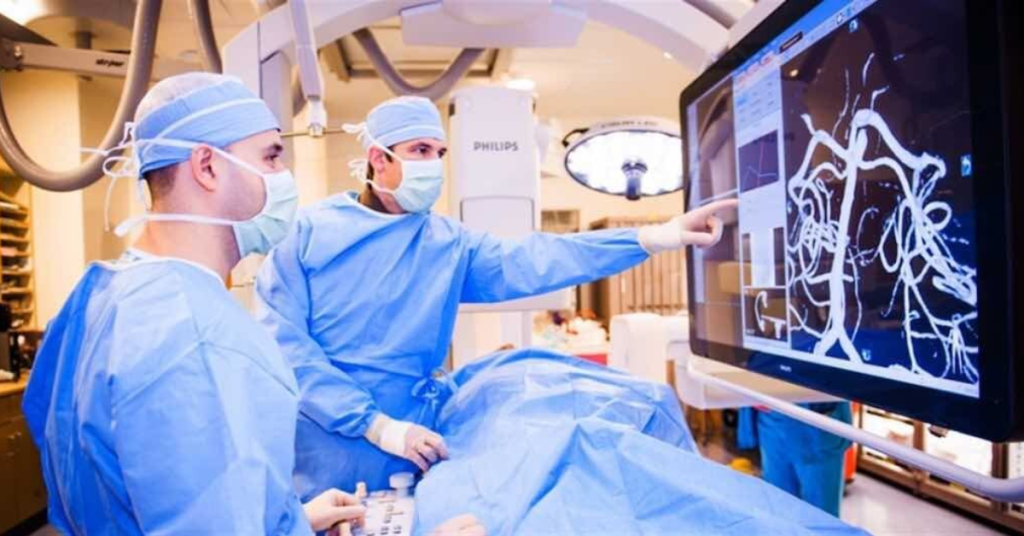A neurosurgeon who is also a fellowship-trained spine surgeon represents the pinnacle of expertise in treating complex conditions of the brain, spine, and nervous system. These specialists have undergone extensive training to provide cutting-edge treatments for both common and complex spinal disorders. Their training allows them to address a wide range of conditions, from herniated discs and spinal stenosis to spinal tumors and traumatic spinal injuries.
What Does Fellowship Training Mean?
Fellowship training for spine surgery is an additional year or more of specialized education that follows the completion of residency. During this time, surgeons focus exclusively on spinal surgery, honing their skills in both minimally invasive techniques and advanced spinal procedures. This training provides them with in-depth knowledge and hands-on experience in diagnosing, treating, and managing spinal disorders that require the highest level of care.
Conditions Treated by a Fellowship-Trained Spine Surgeon
Fellowship-trained spine surgeons are equipped to treat a broad spectrum of spinal conditions, including:
- Degenerative Disc Disease: Wear and tear on the spine’s discs can cause pain and limit mobility. Surgical options may involve disc replacement or fusion.
- Herniated Discs: When a disc bulges or ruptures, it can compress nearby nerves, leading to pain, numbness, or weakness.
- Spinal Stenosis: Narrowing of the spinal canal that can put pressure on the spinal cord or nerves, leading to pain and impaired function.
- Scoliosis and Spinal Deformities: Abnormal curvature of the spine, often requiring corrective surgery.
- Spinal Tumors: Tumors in the spine may need to be surgically removed to prevent neurological damage.
- Trauma: Fractures or dislocations of the spine due to accidents or injuries may require immediate surgical intervention.
Surgical Approaches and Techniques
A fellowship-trained spine surgeon is highly skilled in performing both traditional open surgeries and minimally invasive techniques. Minimally invasive spine surgery, which uses smaller incisions and advanced imaging technology, offers the advantage of reduced recovery time, less postoperative pain, and lower complication rates. However, for more complex cases, traditional surgical methods may be necessary to achieve the best outcomes.



